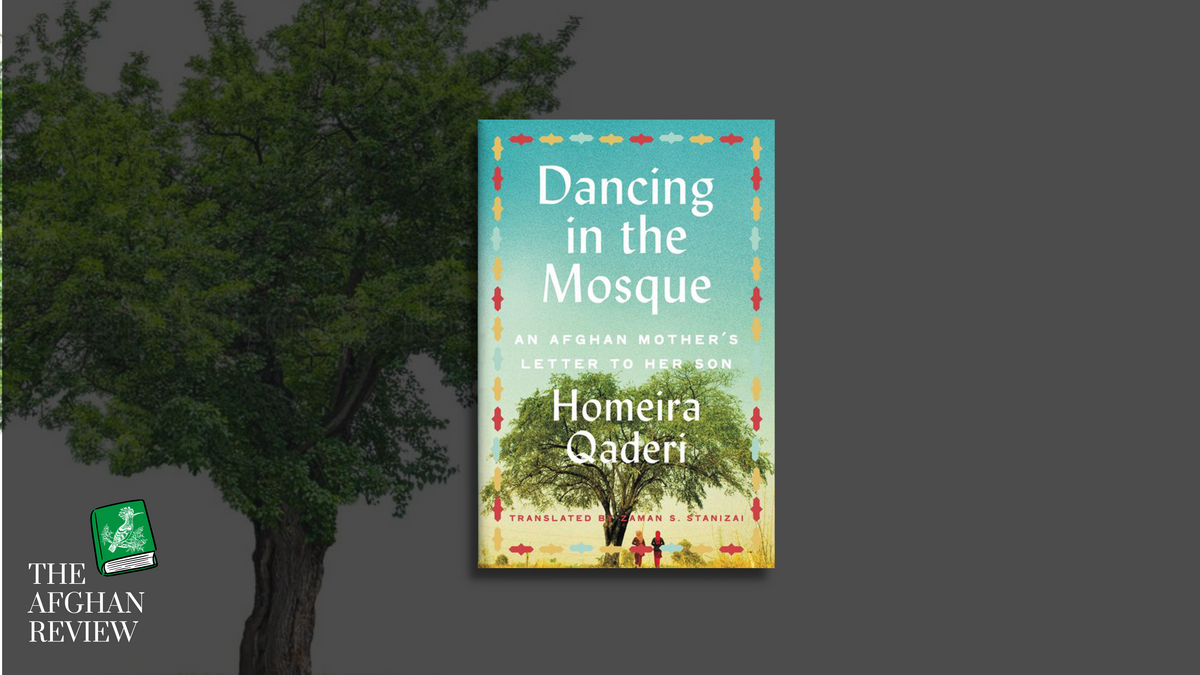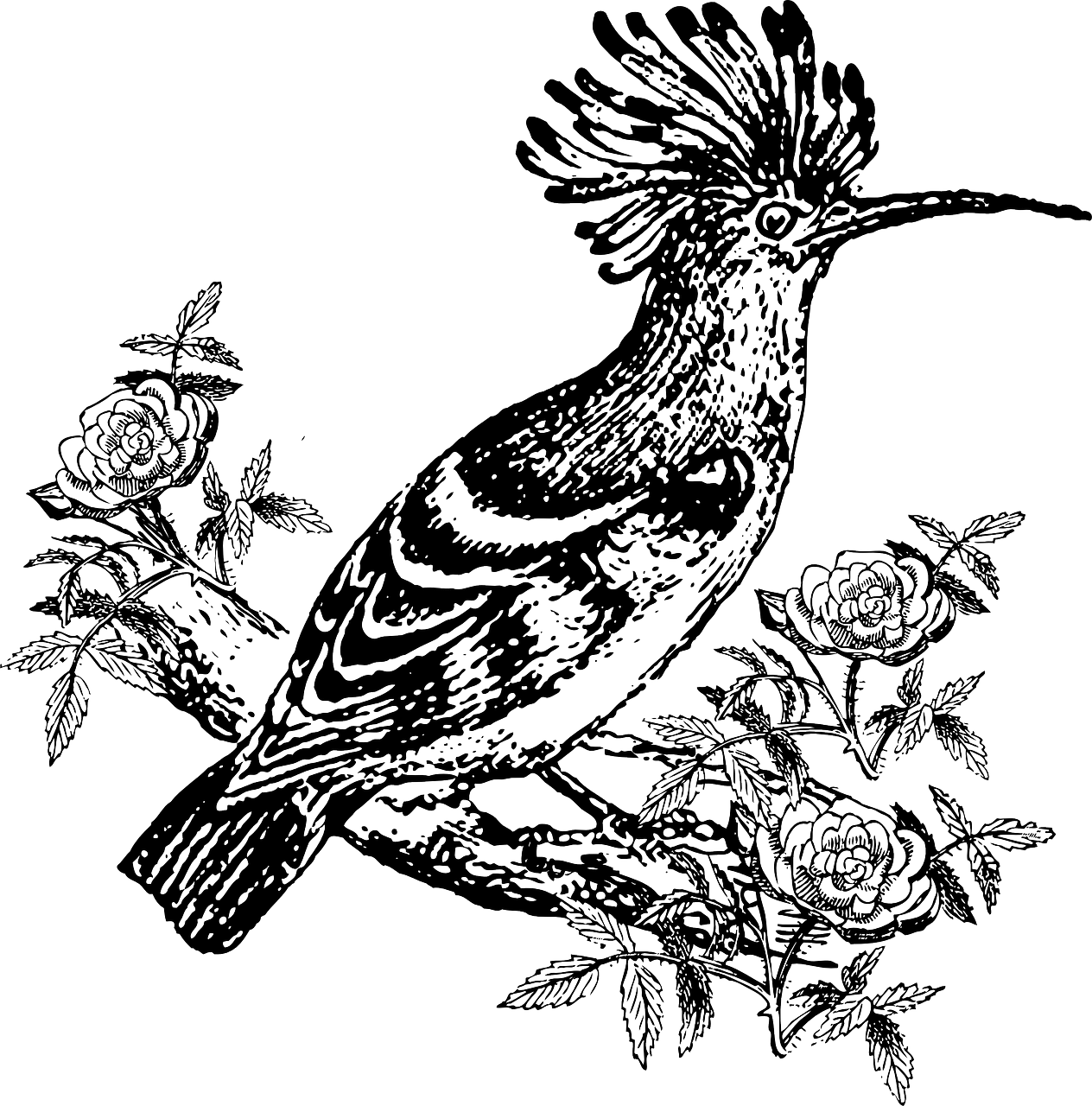After Family Separation: Mothering From Afar in "Dancing in the Mosque"

With Dancing in the Mosque: an Afghan Mother’s Letter to her Son, Homeira Qaderi interrupts news broadcasts of family separation with a personal narrative, a memoir that asks whether in lieu of a parent, a story can mother.
The book asks whether in lieu of a parent, a story can mother.
On May 11, 2023, Title 42 expired and was replaced by Biden’s asylum ban. According to some human rights organizations the new ban is a replica of Trump-era “zero-tolerance” policies. Under the Trump administration, The New York Times estimates that 5,500 foreign-born children and, possibly as high as, 1,000 U.S.-born children were separated from parents who faced deportation. Some children were given to the foster care system to be raised by strangers. Some were housed in shelters, whose poor conditions are well-documented. Some children’s whereabouts were never accounted for.

Now, five years later, reunification efforts make slow progress. The Biden administration estimates that around 600 children have been returned to their families. Thousands more remain in the traumatizing state of separation. For families in states with no records of the separated children, there is little hope for reunification.
In the fall of 2022, U.S. army ranger Joshua Mast abducted an Afghan girl after participating in the special operations mission that killed her parents. Three years prior, after returning from Afghanistan to Virginia, Mast and his wife Stephanie petitioned for custody by first claiming that the child had no living relatives, and then by portraying the relatives as dangerous people, driven by religious ideology to transform children into terrorists. The U.S. courts granted the Masts’ request, disregarding Afghan law which mandates that the adoption of an Afghan child by a non-Muslim is illegal. Meanwhile the child was being raised by family members who were given custody through Afghan courts.

Under the pretense of helping with the child’s medical care, the Masts contacted the child’s adoptive parents in Afghanistan. Once the child was in the U.S., the Masts abducted her. Her parents haven't seen her since. “After they took her, our tears never stop,” the Afghan adoptive mother told The Associated Press. “Right now, we are just dead bodies. Our hearts are broken. We have no plans for a future without her. Food has no taste and sleep gives us no rest.”
Translated by Zaman Stanizai and published in 2020, Dancing in the Mosque addresses a missing child, Siawash, Qaderi’s son from whom she is indefinitely separated, and offers new possibilities for mothering—for comforting, and loving, and teaching—against the worst odds. This is a book on parenting, and it isn’t—it’s so much more.
On the cover, a tall turquoise sky fades into yellow grasslands where a tall Mulberry tree stands, shading two women in hijab. It is reminiscent of the tree Qaderi’s father buried their family library under. Every year, at the end of May, her father would unearth these banned books for the family to read and rebury. Read and rebury. The books are beloved but out of reach, like her friends who didn’t survive, her uninhabitable homeland, her son, even, narrowly, the memoir itself. Despite all the challenges that threatened to bury Qaderi, she lives to tell this story. It deserves to be read with as much as care as she gives to unearthing it.

Qaderi’s lyrical prose brings alive the domesticity of a Herati home and the extraordinary events surrounding it. Born a girl in Afghanistan, which according to her grandmother is, “one of the most difficult tasks that the almighty can assign anyone,” Qaderi weaves between autobiographical narration, letters, and fairytales to tell her story. She experiences multiple regime changes, living through Soviet, U.S., and Taliban occupations. Through the shifts in power, her focus never wavers from the personal, from her own experiences. She looks into a Russian military tank’s eye when she is just four years old, illegally operates a girls’ school as a teenager, and falls in love with a Talib. Within a rigidly polar political climate that threatens to grind people down to walking ideologies, Qaderi magnifies the humanity of daily life. The juxtaposition reveals another deep separation, the one between what we think of each other, and who we really are.
Around a third of the book is letters, all to her son. The book’s overall tone fluctuates around this imagined audience of one, Siawash—it is at times playful, affectionate, and protective. They maintain a connection with him, even if the connection is imagined, and they give the novel an intimacy and love that is intensified by the desperation of separation. One letter begins like this:
“O Siawash, you so dear to your mother’s heart, From those first days that you announced your presence in my body and soul, I began telling you stories. I sang you lullabies in the hot summers of Kabul. In the autumn, when leaves of life fell more frequently than leaves from trees, I sang you lullabies to block the sound of explosions. I hid you under my shawl so you wouldn’t get hurt. I had been afraid to become a mother. But your birth showed me that motherhood is just a different kind of womanhood.”
Readers are made to feel like we are sharing, not trespassing, in the intimate bond between mother and child. We learn to expect horrific events recounted in sweetly imaginative ways, making it an easier read than it might’ve otherwise been.
Qaderi is aware of her Western readership—the book is not published in Dari, only in English. She eludes expectations for Afghan trauma by withholding personal details. For example, she mentions girls’ suicide rates thus: “The girls of Herat still had the highest self-immolation statistics in the world.” There is no mention of her best friend who died by self-immolation. These omissions are done well—nothing feels lost. They read as a way to protect her son, but they may be to protect herself.
Fairytales, strewn between the autobiographical and epistolary prose, give the memoir a mythical dimension. Qaderi uses them for similar reasons as her grandmother and mother—to instill fear as a form of protection. (Think Brothers Grimm.) The stories encourage children to listen to their parents or risk being snatched away by monsters, like Baba Ghor-ghori.

Qaderi also uses fairytales to soften harsh situations—Uncle Naseer is gone all the time because he lives on the moon, not because he is on active duty in the army—and to pass on an oral tradition of storytelling, essential to the fabric of Afghan culture. In a recent Q&A at the Radcliffe Institute, Qaderi said that her mother’s telling of Buzake Qandi, which appears in the memoir, made her feel safe, as though in any dangerous situation her parents would come and save her. Similarly, in her memoir, Qaderi uses fairytales to create the appearance of safety. She provides an escape from the fatiguing setting of war, both for the reader and her son. There is arguably nothing more maternal than the instinct to make others feel safe, even when we ourselves aren’t safe.
Despite the focus on motherhood, Qaderi’s own mother doesn’t have a strong presence in the book. Her father encourages her to go to school, read, and become a writer, and her grandparents encourage her to be well-mannered, to follow social rules. Her grandmother is loud when she raises her voice to chastise Qaderi’s father for breaking the law and digging up books for his daughter: ‘Wakil! Don’t ruin your daughter’s life by your own hands.” Her mother’s parenting is quieter, less direct. She doesn’t make big statements advocating for her daughter, but she doesn’t stand in her way either. Her role seems to be to hold the safety net so Qaderi can take the dangerous leaps forward to her goals, the ones her father encourages her towards. It points to an important conversation about power and the effect that the extreme restrictions under gender apartheid have on how women parent. The indirect parenting styles that emerge are hard to identify, especially when the role of the father has a much bigger material impact; in the book, Qaderi’s mother tells her stories while her father gives her his name, books, and access to things like newspapers to publish her work. My initial reaction was to want to know more about the mother, but maybe her absence is intentional. She is present in the book through the stories she tells her daughter. It’s similar to how Qaderi shows up in her own son’s life, by writing this memoir addressed to him.
Like Siawash, the voice of the book feels beloved but out of reach. Qaderi is doing the difficult task of raising a child through a book, raising an Afghan boy to be a feminist, which may justify the sweet and forgiving narrator, the meek introspection and reactions to injustice. A good parent might value impartiality to encourage independent thought. But when I read a memoir, I want partiality. Without it I feel like I haven’t fully gotten to know the writer, an expectation of the form. We get Qaderi the mother, less so Qaderi the woman, the writer, the thinker, the human. Her voice seems below the surface, hidden under the weight of motherhood.
This reaction may be due to my personal cravings for an angry woman, something Qaderi may not have the space to be. She is never angry and never holds a grudge, not even with the people who separate her from her child. The bad characters are bad, and the good characters are good, leaving little room for complexity. I want to know what Qaderi’s flaws are. And what her fathers’ flaws are. Memoir’s success rests on intimacy and the vulnerability of the narrator. I read memoir to know a person. I don’t know if you can know someone without knowing their flaws and what angers them. I wonder if a more honest or angry memoir is forthcoming, but that wish may be missing the point. Maybe she doesn’t want to replicate the dynamics of conflict she left with her divorce and her departure from Afghanistan.
Qaderi is surprised to learn that when her father was a Mujahid, his time passed devouring Pushkin. She asks, “Agha, how could you? You were reading Russian books and fighting Russians at the same time?” Her father smiles and responds, “the people in the books are much better than the people outside books. Literature is different from war.” Out of the rubble of conflict and the dehumanization of politics, Dancing in the Mosque uplifts connection and restores empathy. It nurtures the grieving woman, whose growing love and forgiveness add layers of meaning to her hard-won freedom.

If enacting violence on someone requires us to dehumanize them, then similarly, to love requires seeing a person’s humanity and empathizing with them. Who better to speak on empathy than a mother, a person who sacrifices herself to create life, and whose heart, as a result, resides outside of her self, in the body of an other, her child? Her child, who may never return.
Dancing in the Mosque gives a glimpse into the intimate pain of a mother’s relationship to her son, marred by the extreme duress of war and separation, to expand what a story can do and be.
Rating: ★★★★
DANCING IN THE MOSQUE: AN AFGHAN MOTHER'S LETTER TO HER SON By Homeira Qaderi. Translated by Zaman Stanizai. | 224 pp. | HarperCollins | $25
